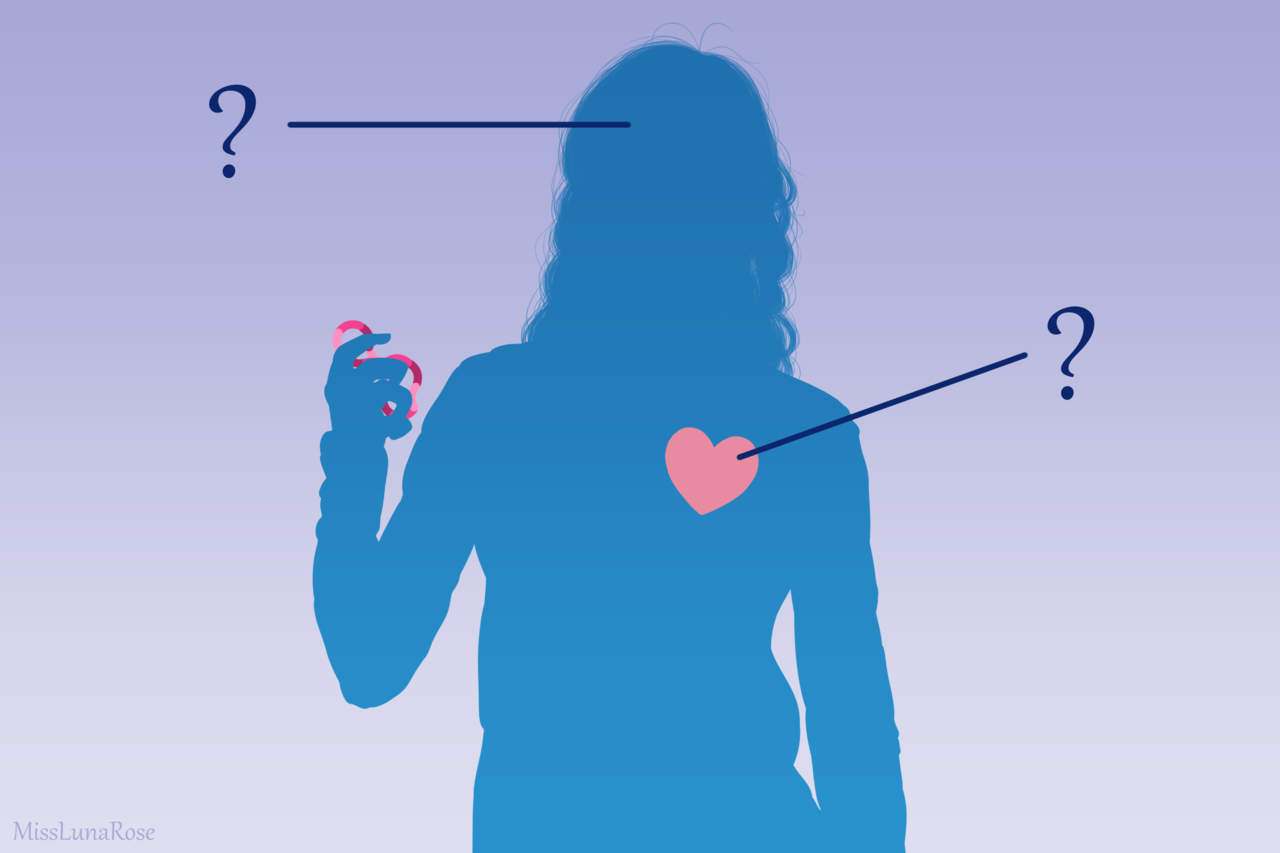<div class="text-justify">
<center>
<sub>[Source](https://en.m.wikipedia.org/wiki/Alexithymia#/media/File%3AAutism_Aspect_Alexithymia_1.png)</sub></center>
---
Alexithymia is a mental condition that makes it difficult for people to express emotions or even understand what they’re feeling. It’s often associated with anxiety and depression, and can be treated with therapy. If you think you might have alexithymia, or if you know someone who does, this post is for you. I'll explore the symptoms, causes, and treatments for this condition. Keep reading to learn more.
---
#### What is Alexithymia?
Alexithymia is a mental condition characterized by an inability to express and understand emotions. People with alexithymia often have difficulty identifying and describing their own feelings, and they may be unaware of the feelings of others.
This can make social interactions difficult and cause problems in personal relationships. Alexithymia is not a diagnosable condition, but it is thought to be relatively common, affecting up to 1 in 10 people.
The exact cause of alexithymia is unknown, but it is thought to be related to both genetic and environmental factors. There is no specific treatment for alexithymia, but therapy and self-help strategies can help people manage the condition.
---
#### The Different Types of Alexithymia
There are different types of alexithymia, each with their own set of symptoms.
The most common type is *Primary alexithymia*, which is characterized by difficulty identifying and expressing emotions.
*Secondary alexithymia* is less common and is characterized by difficulties in understanding and processing emotions.
*Tertiary alexithymia* is the rarest type and is characterized by difficulty in both identifying and processing emotions.
Each type of alexithymia can range from mild to severe.
---
#### Pros and Cons of Alexithymia
There are both pros and cons to having alexithymia, or a lack of emotional awareness and processing. On the plus side, people with alexithymia tend to be highly logical and unemotional in their decision-making.
They are often successful in occupations that require clear thinking and calm under pressure, such as surgeons.
On the downside, people with alexithymia can have difficulty forming close personal relationships and may seem uncaring or aloof to others. They may also have trouble communicating their own needs and emotions, leading to frustration and isolation.
---
#### What Causes Alexithymia?
There are many potential causes of alexithymia, as it is a complex condition with both psychological and biological components. Potential causes include early childhood trauma or neglect, genetic factors, and brain abnormalities.
Individuals who have experienced trauma or neglect in childhood are more likely to develop alexithymia, as this can lead to difficulty processing and express emotions. This may be due to the fact that individuals who have experienced such trauma often have difficulty trusting others and feel disconnected from their emotions.
Genetic factors may also play a role in the development of alexithymia, as the condition has been found to run in families. This suggests that there may be a genetic predisposition for the condition. However, more research is needed in this area to confirm this.
Brain abnormalities have also been linked to alexithymia, as individuals with the condition often show differences in brain structure and function compared to those without the condition. These brain differences may contribute to difficulties processing and expressing emotions.
---
#### How to Treat Alexithymia
If you think someone you know may have alexithymia, there are a few things you can do to help.
First, try to create an environment in which the person feels comfortable communicating. This may mean being patient and not pushing for information.
Secondly, avoid making assumptions about what the person is thinking or feeling. Instead, ask questions and listen carefully to the answers.
Finally, be aware that the person may have difficulty understanding and expressing emotions, so be prepared to offer support and assistance as needed.
---
#### Alternatives to Alexithymia
There are a number of different ways to conceptualize and understand alexithymia. Here are three popular alternatives to the standard definition of alexithymia:
1) Alexithymia as a personality trait: Some researchers view alexithymia as a personality trait that is relatively stable over time. This perspective suggests that alexithymia is not necessarily a mental disorder, but rather a way of thinking and feeling that is relatively common in the general population.
2) Alexithymia as an emotional regulation disorder: Another perspective on alexithymia is that it is an emotional regulation disorder. This view suggests that individuals with alexithymia have difficulty processing and regulating their emotions. This difficulty can lead to problems in social functioning and interpersonal relationships.
3) Alexithymia as a cultural construct: Some scholars have argued that the concept of alexithymia is culture-bound, meaning that it is specific to Western cultures. This perspective suggests that the symptoms of alexithymia may be due to cultural factors such as individualism and materialism, rather than any underlying mental disorder.
---
#### Conclusion
Alexithymia is a mental condition characterized by difficulty identifying and expressing emotions. While it is not currently recognized as an official diagnosis, it is thought to be fairly common, affecting up to 1 in 10 people. If you think you might be suffering from alexithymia, it's important to reach out to a mental health professional for help. With treatment, it is possible to learn how to better manage your emotions and
improve your overall quality of life.
---
#### References
1) Alexithymia: Symptoms, diagnosis, and links with mental health https://www.medicalnewstoday.com/articles/326451
2) Alexithymia - Wikipedia https://en.m.wikipedia.org/wiki/Alexithymia
3) For people with alexithymia, emotions are a mystery | Spectrum https://www.spectrumnews.org/news/people-alexithymia-emotions-mystery/
4) The Emotional Blindness of Alexithymia - Scientific American Blog Network https://blogs.scientificamerican.com/mind-guest-blog/the-emotional-blindness-of-alexithymia/
5) The Multifaceted Nature of Alexithymia – A Neuroscientific Perspective - Frontiers https://www.frontiersin.org/articles/10.3389/fpsyg.2018.01614/full
</div>
 hiveblocks
hiveblocks